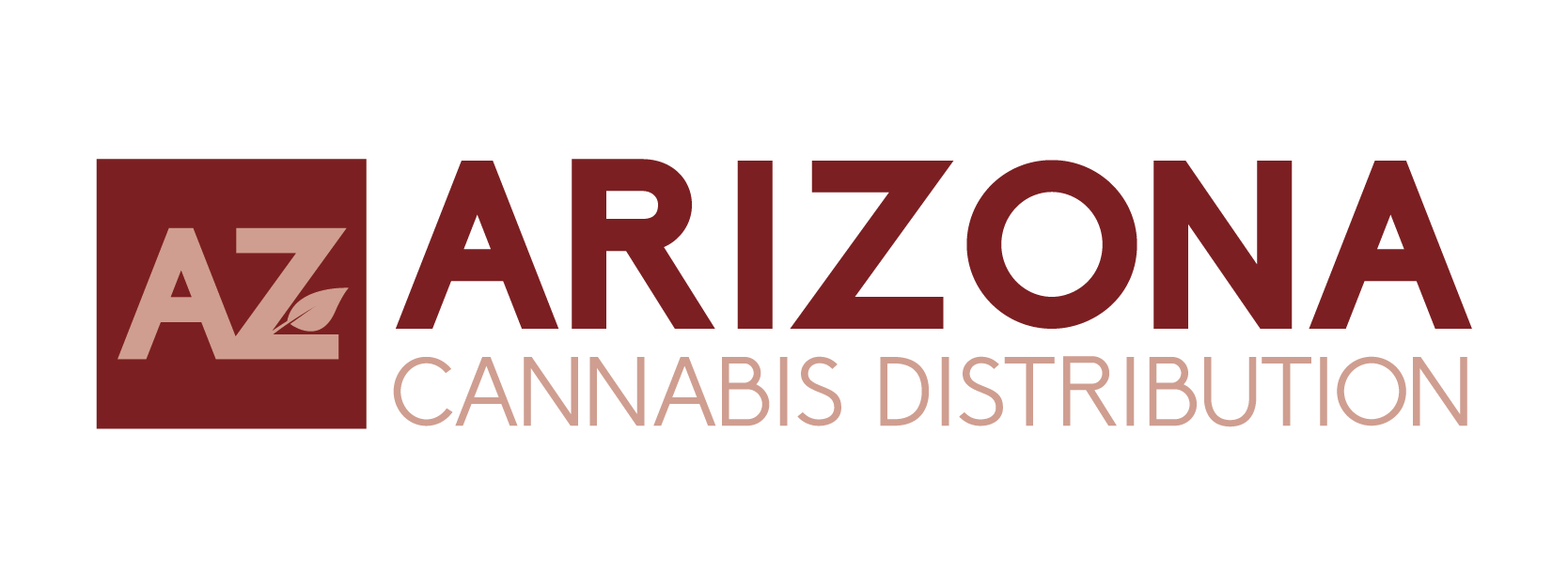Distribution companies play a critical role in preserving product integrity from the grow room to the dispensary shelf. As the market matures, ensuring freshness, safety, and regulatory compliance has become essential to protecting both consumers and brands. This responsibility falls squarely on the shoulders of cannabis distribution professionals who operate within a tightly regulated supply chain governed by the Arizona Department of Health Services (AZDHS).
At the core of product freshness is environmental control. Cannabis, whether in flower, concentrate, or edible form, is highly sensitive to fluctuations in temperature, humidity, and light exposure. Distributors mitigate these risks by investing in climate-controlled vehicles and warehousing systems. “Maintaining stable environmental conditions helps preserve cannabinoids and terpenes, which are responsible for the therapeutic effects and flavor profiles of cannabis,” explains Dr. Ethan Russo, a board-certified neurologist and cannabis researcher. Humidity packs, vacuum sealing, and nitrogen flushing are commonly used to prevent terpene loss and mold growth, particularly during transport across Arizona’s high-temperature zones.
Proper packaging is another cornerstone of product safety. Arizona mandates child-resistant, tamper-evident packaging that complies with both state and ASTM international standards. Distributors must ensure that products are not only securely packaged but also labeled with batch numbers, test results, and expiration dates, in accordance with Title 9, Chapter 17 of the Arizona Administrative Code. These measures provide transparency and traceability, enabling quick recalls if contaminants are found during random testing.
Testing and compliance oversight serve as an additional safeguard. Before any cannabis product can be distributed in Arizona, it must undergo laboratory testing for microbial contaminants, residual solvents, heavy metals, and potency. Licensed distributors work directly with ISO/IEC 17025-accredited labs to verify each product’s quality. Only products with valid certificates of analysis (COAs) may enter the distribution pipeline, ensuring that every item reaching consumers has passed stringent safety benchmarks.
Transportation procedures are equally important. Arizona requires licensed cannabis transporters to log all movements in Metrc, the state’s seed-to-sale tracking system. Vehicles must be unmarked, secured, and equipped with GPS tracking. “Security protocols are key,” says the Arizona Dispensaries Association. “They minimize diversion risks and ensure accountability in the event of theft, damage, or loss during transit.” Most companies adopt additional SOPs such as dual-driver teams, locked compartments, and real-time route monitoring to bolster these requirements.
Finally, education and training contribute to the overall safety culture. Distribution teams are trained in good handling practices, regulatory compliance, and inventory management. They often complete ongoing certifications to remain current with evolving state and federal guidelines.
In a state as dynamic and climate-challenged as Arizona, cannabis distribution companies must prioritize product freshness and safety at every step. Their commitment helps preserve therapeutic value, protect public health, and elevate consumer trust in Arizona’s legal cannabis market.
